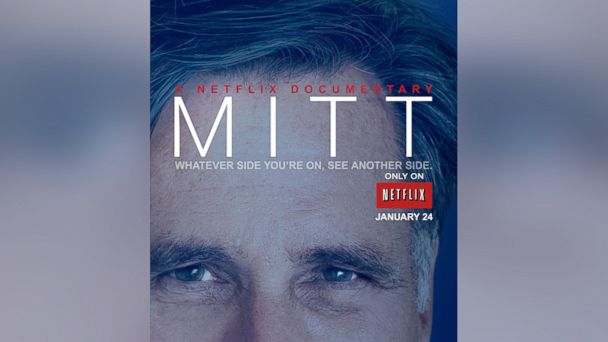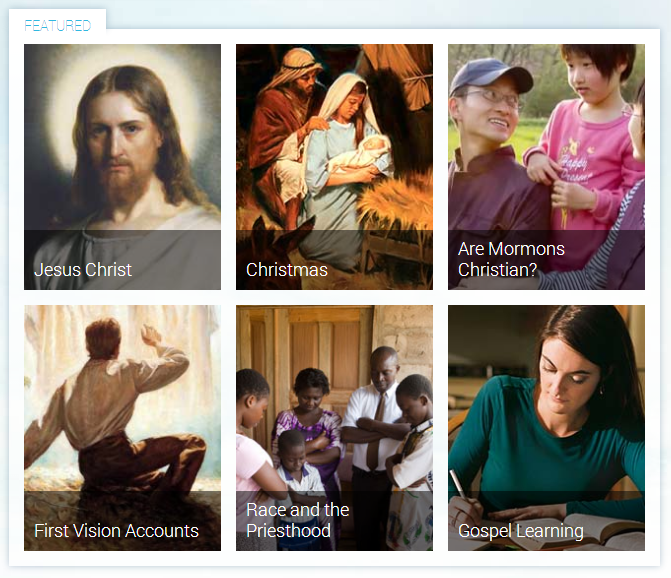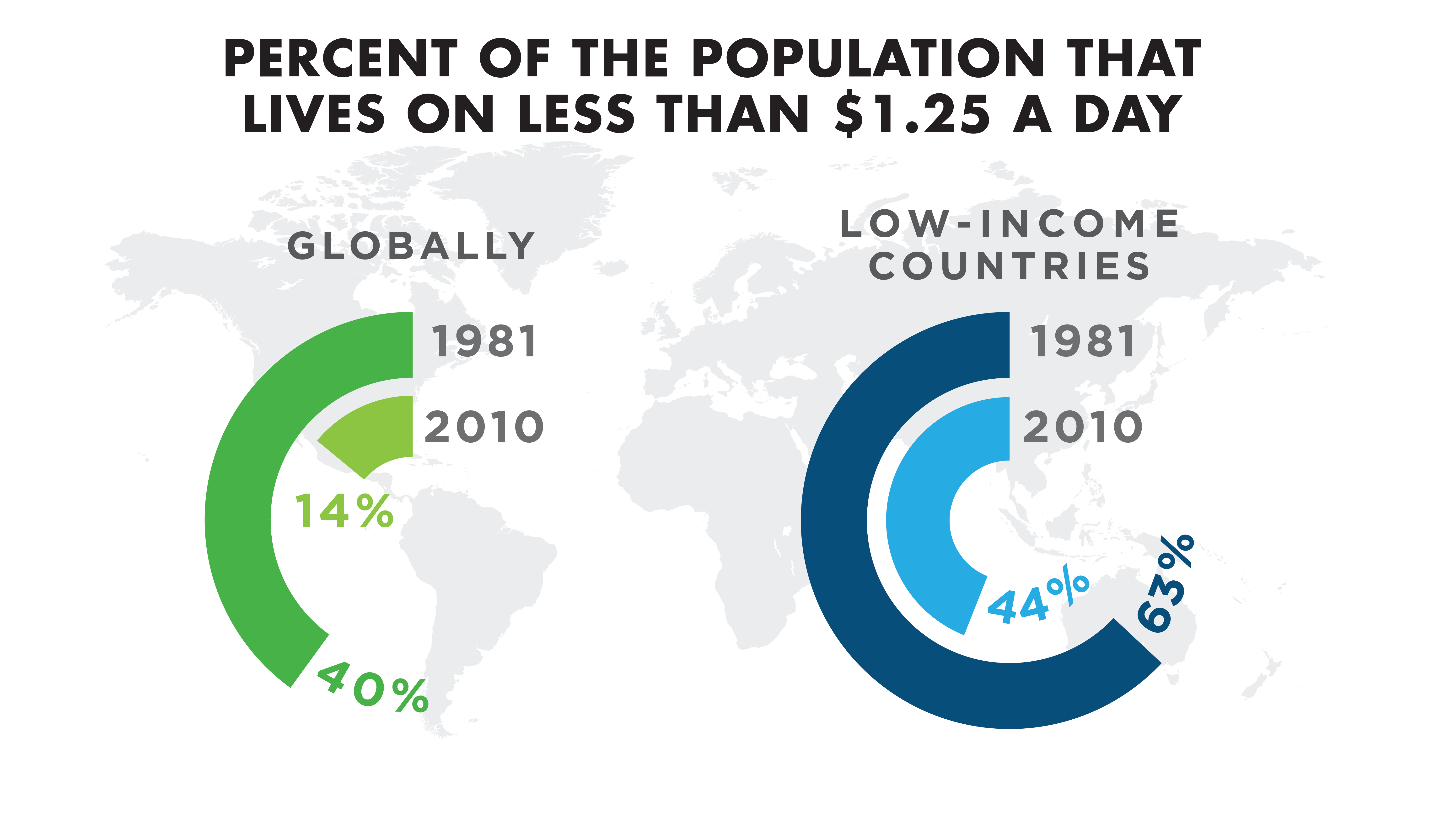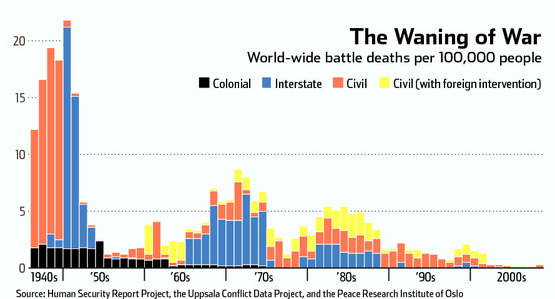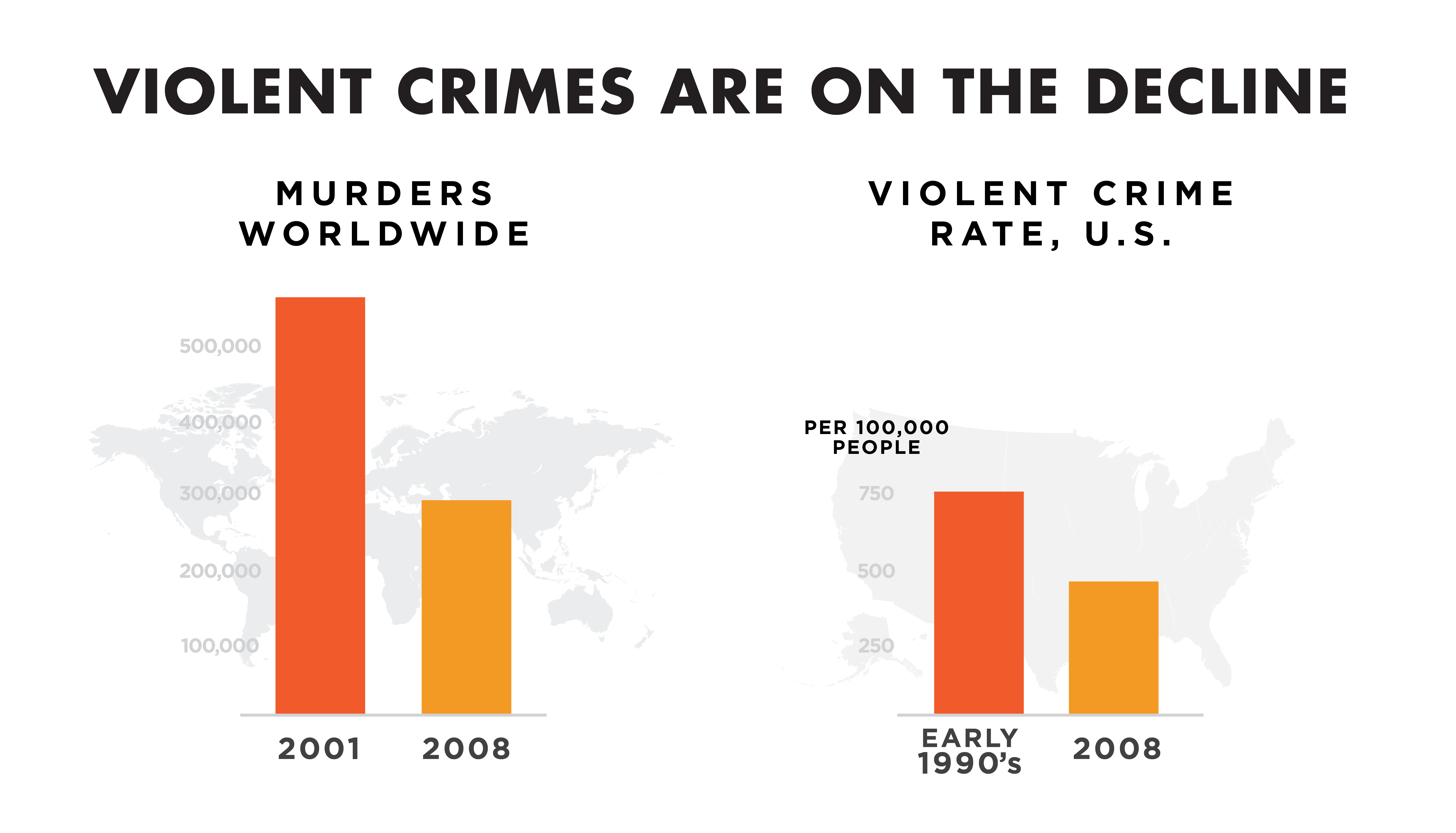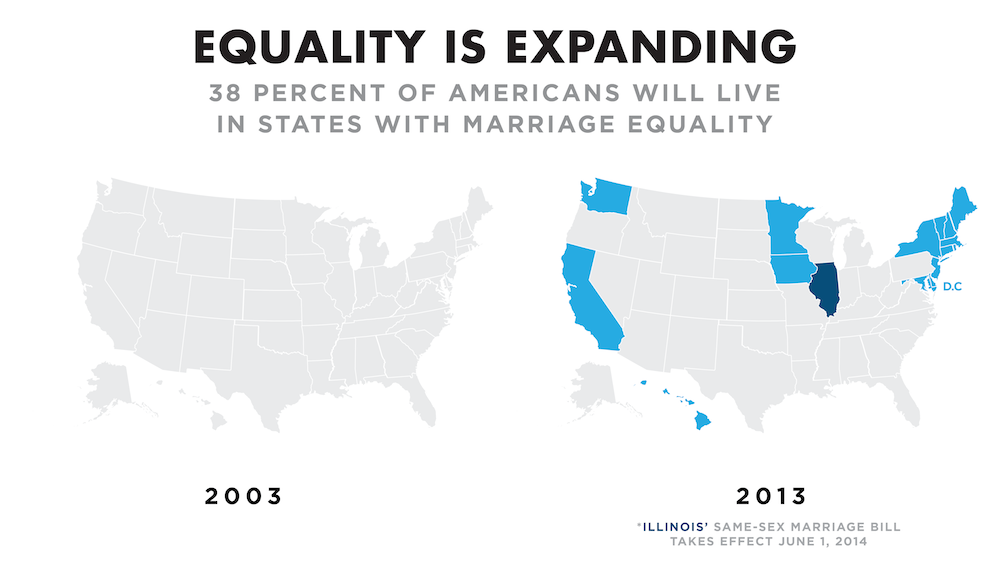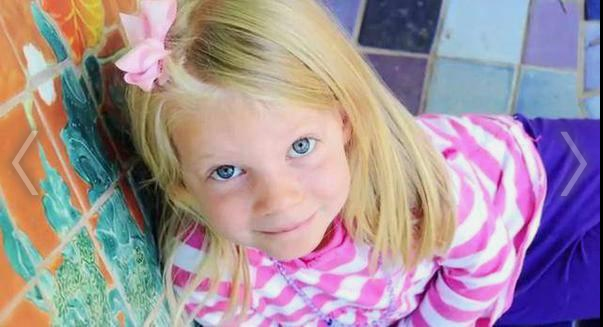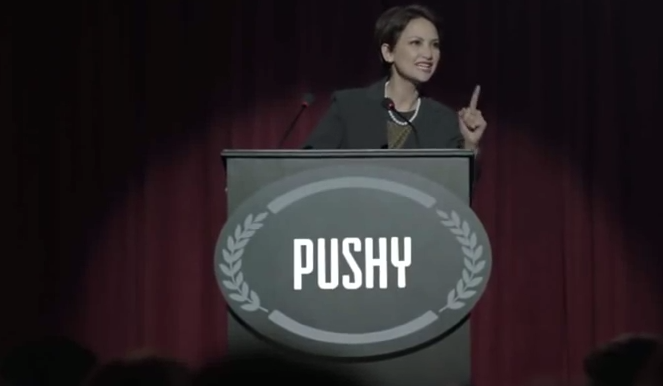These incredible (and incredibly huge!) snow patterns are made by one dude walking around all day. Awesome, right? Here are more pics.
Month: December 2013
Federal Judge’s Decision Strikes Down Utah Gay Marriage Ban
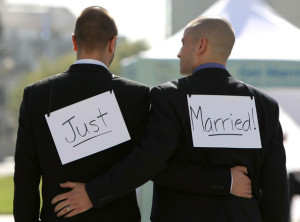 I think most Utahns, for or against, anticipated this would happen at some point. While Judge Shelby’s decision does not at first blush smell of blatant activism, decisions made by “the people” being rendered moot by a imperious federal government is a sore point for many across the nation, especially in a conservative stronghold like Utah.
I think most Utahns, for or against, anticipated this would happen at some point. While Judge Shelby’s decision does not at first blush smell of blatant activism, decisions made by “the people” being rendered moot by a imperious federal government is a sore point for many across the nation, especially in a conservative stronghold like Utah.
Expect an appeal, especially since the LDS Church, which staunchly opposes same-sex marriage and shows no signs of relenting on the matter, counts among its members many high-ranking civil servants throughout the state. I would also expect the appeal to fail, or if it succeeds, to be reversed eventually. If a state like Utah can be forced to abide policy with which a majority of its citizens do not agree, it causes me to wonder how far a leap it is to the next steps, such as forcing religions to perform same-sex marriage ceremonies (despite same-sex marriage proponents’ protestations that that will never happen). I believe a truly unbiased observer would see it as likewise inevitable.
Gospel Topics at LDS.org, A Change of Direction?
In this morning’s Times And Seasons post, I talk about the exciting changes at lds.org/topics and what they could mean for the Church as a whole.
2013: The Best Year in Human History (w/ Graphs)
Over at Think Progress, five major reasons are provided as to why “2013 was, in fact, the best year on the planet for humankind”:
1. Fewer people are dying young, and more are living longer
2. Fewer people suffer from extreme poverty, and the world is getting happier
3. War is becoming rarer and less deadly
4. Rates of murder and other violent crimes are in free-fall
5. There’s less racism, sexism, and other forms of discrimination in the world
There is more that could be said (and I’m not sure that the final graph really captures the full impact of its headline, though it does demonstrate a major softening in the public’s view on homosexuals). I’m not entirely surprised that globalization and the spread of capitalism were barely mentioned as major reasons for these trends (yes, even same-sex marriage). Nonetheless, just another example of how the world is largely getting better. I could almost title this “Good News, Pope Francis: Part II.”
Evil Did Not Win
This is Emilie Parker. She was one of the 20 children an 6 adults murdered at Sandy Hook elementary exactly one year ago, on December 14, 2012. She was six. My own beautiful little girl just turned 7. This isn’t a story I can read about–let alone write about–easily. But the video below, created by her parents, is worth sharing. Especially today.
In the days just after the shooting, critics targeted Emilie’s father Robbie. In addition to those who took this tragedy as an excuse to attack his Mormon faith, there are still plenty of YouTube videos of his painful, awkward statements to the press just days after losing his little girl that claim to “prove” he was nothing but a paid actor.
That’s the world we live in. In the aftermath of such horrible, tragic, and senseless loss some people are so trapped in their own webs of bitterness or paranoia that they are literally unable to understand the anguish that others are experiencing. They are incapable of lifting their gaze above their own petty concerns. To be so incapable of perceiving the pain of others… how desolately alone they must be. The world is wrapped in shadow, and they are all but lost in the darkness.
And yet Emilie’s parents, Robbie and Alissa, have found their way through their valley of shadow. Alissa writes that when she learned that she’d lost her daughter, “I felt so consumed with how evil can be so powerful. And how… the evil won.” Today, however, she has found a kind of hard-won peace.
People ask: But where was your God when this happened? Why did he stop it? God allowed others to kill his son. He allows for us all to make our own choices, good and bad, because that’s the only way good can be in us. It’s if we freely choose it over all else. Evil didn’t win that day. We’ll carry on that love, like she had. It’s quiet. It’s not on the news. It takes effort to find. But what I’ve realized through all this is how strong and how big God’s love really is.
I will say the callous thing first: Alissa’s theology doesn’t make sense to me. The argument from free will does not convince me, because God doesn’t always allow the evil to fulfill their plans. Sometimes He intercedes. Other times, He does not. Why? There is no answer I have found to satisfy my heart or my mind.
And yet my logical complaints are overwhelmed by Alissa’s raw witness of God’s love. She has been down a road so dark I cannot even bear to imagine it. And she tells me she knows “how big God’s love really is.” It’s not the answer that I want to my questions. But it is an example of how to live a life of love in the face of pain and evil, and one that leaves me speechless in humility.
I do not understand, but I am humbled by her testimony. And I too, would believe.
I have faith but I sometimes find that the storms around me make my heart quail and I begin to sink. And at times like that, Christ extends a hand through the people around me, people like Alissa, to keep me from going under.
Did Oedipus Write “House of Gold”?
Surely I can’t be the only one that has heard the new song “House of Gold” by twenty one pilots and thought about Oedipus Rex, right?
For those of you who don’t recall, Oedipus the King is the Greek tragedy about the guy who murders his dad, takes his place, and marries his mom. Not on purpose, mind you, and when he finds out he’s more than a little upset.
Later on, Sigmund Freud coined the term “Oedipus complex” based on the play, which “denotes the emotions and ideas that the mind keeps in the unconscious, via dynamic repression, that concentrates upon a child’s desire to sexually possess the parent of the opposite sex.” I guess–I’m not an expert on Freud by any means, that this is supposed to be a normal developmental stage for children ages 3-6 and then they resolve it. But I’m not sure the public awareness of the term has retained all of the details.
In any case, the song is squicky. Consider:
She asked me, “Son, when I grow old,
Will you buy me a house of gold?
And when your father turns to stone,
Will you take care of me?”
I will make you queen of everything you see,
I’ll put you on the map,
I’ll cure you of disease.
Let’s say we up and left this town,
And turned our future upside down.
We’ll make pretend that you and me,
Lived ever after happily.
That’s not all the lyrics, but it’s most of them. And, just to recap, we’ve got (1) a son singing to his mom (2) about her desire to have take care of her after his dad croaks (e.g. take his dad’s place) and the son is on board to (3) “make [her] the queen of everything you see” so that they can say they “lived ever after happily.”
Weird, right? I just want to know if they wrote the song on purpose to be edgy or if that’s just how it came out.
Kids these days…
Pantene Tackles the Labels Women Face
A lot of research has shown that men and women are judged by different standards. One example is that behavior seen as “assertive” in men is seen as “hostile” in women. Recently, this phenomena has been extended from the world of business (where it was first identified) to the academic sciences.
So, with that in mind, I found this ad to be provocative in the best way possible.
One of the things I like about it is that it explains the problem clearly without making political assumptions about blame or solutions. That’s important, because I think some of the standard assumptions (e.g. “the patriarchy did it!”) might be wrong:
Females tend to threaten each other with social isolation rather than violence. Among social animals, being cast out of the group can mean death, or very few chances to mate. Among humans, perhaps the most social animals we know, the “mean girls” phenomenon is a perfect example of low energy competition. Nobody is beaten, but we know for sure who has lost the battle.
It’s possible that it’s maladaptive female behavior as opposed to misogynistic male behavior that creates these and impossible painful social expectations. After all, it isn’t as though the male/female double standards are held and enforced by men: they are held and enforced by women too. (Perhaps more?)
The important thing is that we don’t really know. And if we can get more people talking about the problem in apolitical ways, perhaps we can make progress towards finding new solutions. (It is a bit weird, though, to have a corporation leading the charge, but on the other hand their motives are easy to identify and account for.)
Teen Abortion & Pregnancy Rates
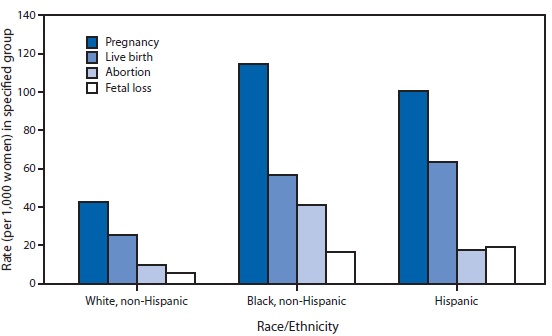
Alex Berezow, scientist and founding editor of RealClearScience, provided the chart above representing teenagers aged 15-19. The following are the teenage pregnancy rates: (1) White – less than 1 in 20, (2) Blacks – more than 1 in 9, and (3) Hispanics – almost exactly 1 in 10. “In other words,” writes Berezow, “both black and Hispanic teens are more than twice as likely to become pregnant as their white cohorts. Strikingly, the abortion rate among black teens (41.1 per 1,000) is almost equal to the pregnancy rate among white teens.” Research shows again and again how detrimental broken families (including single motherhood) are to economic vitality and social mobility. “Therefore,” concludes Berezow, “any discussion about how to close the enormous racial wealth gap in America must address the large discrepancy in teenage pregnancy rates between the races.”
This reminds me of something economist Jennifer Roback Morse wrote about “social justice”:
Young people are often the most idealistic and zealous proponents of new social movements. So, I offer this challenge especially to the young: if you want to do something to help the poor, quit idealizing unmarried sexual activity. Some sexual lifestyle decisions you can get away with. But those very same choices would be a disaster for the poor.
So I challenge college students and young adults to ask yourself this question when you are making your decisions about sex: If a high-school drop-out did this, would it be good for her or not?
If the answer is no, don’t do it! Or at least, have the decency to keep your mouth shut about social justice.
Race and the LDS Priesthood Ban: A Brief Personal History

When I was in the LDS Missionary Training Center (MTC) in Utah preparing for my two year, I struggled with answering specific questions about Church history and past practices. One question in particular revolved around blacks and the priesthood ban. For most of the LDS Church’s life, black Africans were not allowed to hold priesthood or participate in temple endowments/marriage. The ban was lifted by President Spencer W. Kimball in 1978. One of my MTC teachers attempted to skirt around the issue until I point blank asked him what answer he would give as to the reason for the ban. He simply said, “I don’t know why.”


